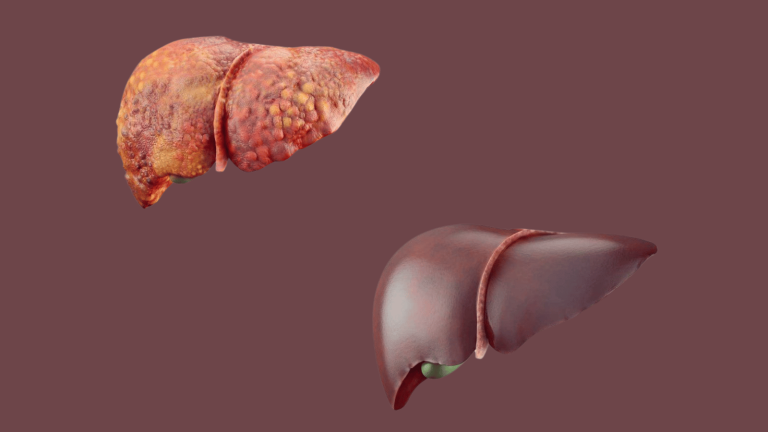Colorectal Cancer: Symptoms, Causes, Treatment, and Prevention
What is Colorectal Cancer?
Colorectal cancer is a common type of cancer that begins in the large intestine or rectum. The risk of developing this disease increases with age, with approximately 90% of cases occurring in people over the age of 50.
Risk factors are increased in certain groups, such as those who follow a diet rich in red and processed meats, smokers, and those with a family history of cancer. Symptoms may include rectal pain and blood in the stool. Therefore, routine screening is recommended starting at the age of 50, or at a younger age for those with a genetic predisposition.
Causes of Colorectal Cancer
There are several factors that increase the risk of developing this type of cancer, the most prominent of which are:
- Family History: Previous colon cancer or polyps in the family.
- Diet: Eating foods low in fiber and high in fat and calories.
- Physical inactivity: Lack of exercise.
- Diabetes.
- Obesity.
- Smoking.
- Excessive alcohol consumption.
- Growth hormone disorders.
- Previous radiation treatments.
Colorectal Cancer Symptoms
- Rectal bleeding.
- Blood in the stool (bright red or very dark).
- Changes in bowel habits or stool consistency.
- Cramps and lower abdominal pain.
- Chronic or frequent gas.
- A constant urge to defecate without a real need.
- Unexplained weight loss.
- Chronic fatigue and exhaustion.
- General weakness.
Colorectal Cancer Treatments
1. Chemotherapy
This is a treatment with anti-cancer drugs that can be given either orally or intravenously. It is divided into two types:
- General chemotherapy: Targets cancer cells throughout the body and is used in cases of spread.
- Local chemotherapy: Injected directly into the affected area.
Types of chemotherapy according to timing of use:
- Initial adjuvant therapy: Given with radiation therapy before surgery to shrink the tumor.
These treatments are given in stages, separated by rest periods to allow the body to recover.
2. Targeted therapy
This treatment relies on targeting genetic and protein changes within cancer cells using specialized drugs that work differently than traditional chemotherapy drugs and cause fewer side effects. It is often used in conjunction with chemotherapy or when a response to it fails.
Preventive Tests for Early Detection
- Fecal Occult Blood Test: Annually.
- Stool DNA Analysis.
- Sigmoidoscopy: Every 5 years.
- Double Contrast Enema: Every 5 years.
- Complete Colonoscopy: Every 10 years.
- Virtual Colonoscopy: Every 5 years.
Colorectal Cancer Prevention
- Adopt a diet rich in fruits, vegetables, and whole grains.
- Reduce fat intake, especially saturated fat.
- Abstain from smoking and limit alcohol.
- Exercise regularly.
- Maintain a healthy weight.
- Take essential vitamins and minerals.







